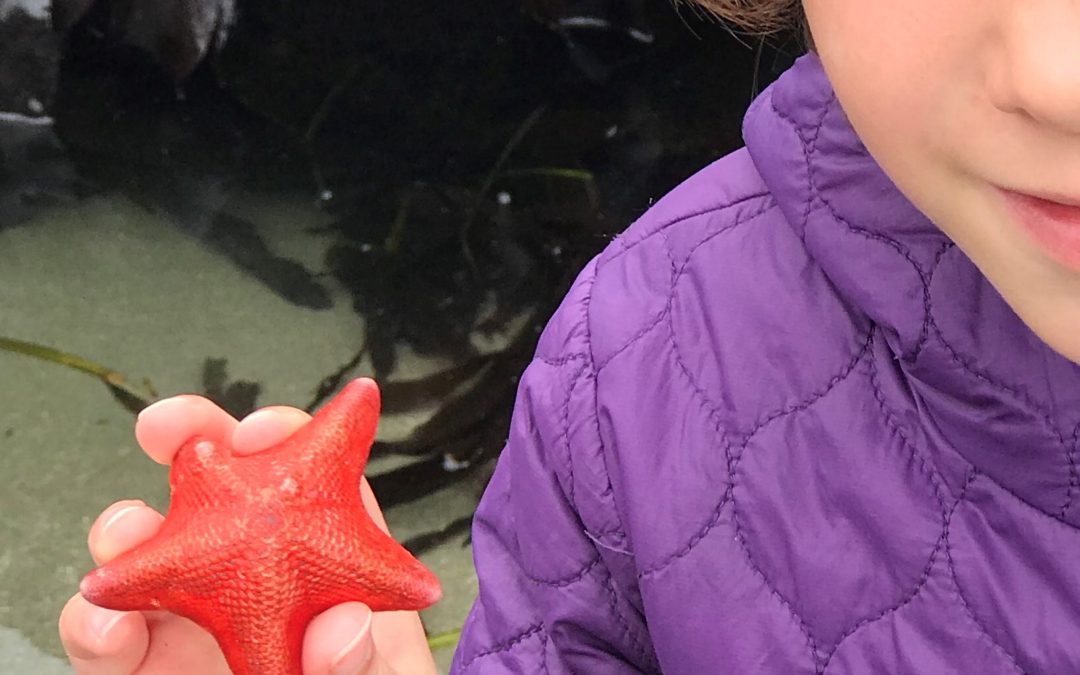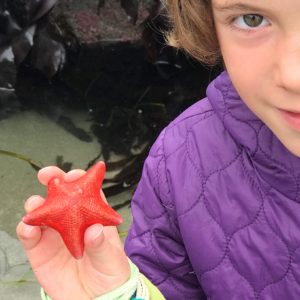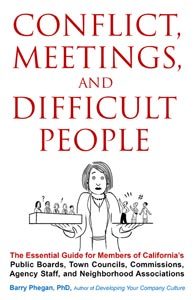Find Meaning in Your Life — or more accurately, give meaning to your life — by volunteering.
Many people want their life to have more purpose or meaning. Volunteering at a school gives me meaning and joy.
There’s a wide range in people’s interest and capacity in seeking, “the meaning of life.” Life has no intrinsic meaning. It simply is. However, our minds crave meaning, projecting significance into life’s events. Just as importantly, we need to see ourselves as useful, valuable and appreciated by those we know and love, and to our community.
Giving meaning is one of the most beautiful of minds creations. Neurologists tell us we have mirror-neurons, active from birth, that enable us to understand and empathize with the emotions of others. It seems we also have a theory-of-mind which enables us to understand (or at least believe we understand) why another person is saying or doing what they are doing.
For some people in their older “retirement” years, travel, golf, reading, writing, crafts, gardening, are more than enough. For others, satisfaction comes from “giving back”. This often takes the form of volunteering, using long acquired life skills, knowledge, insights, and experiences to help causes or people.
This might be with school children, the aged or infirm, animals, the environment, politics, startup businesses, or social issues. I have one acquaintance who helps low-income people with their taxes. It seems that there is almost an infinite range of ways to be helpful and an infinite need of people and causes needing help. Pick one that suits your fancy and dive in.
Volunteering
After retiring, I busied myself doing a major home remodel. But in 2012 my wife died from dementia — one of those unexpected events that walk in life’s door. In shock and grief, I deliberately allowed my mind to drift for a few months, open to what thoughts and feelings might emerge. What came was, “Do what makes you feel good”. How simple is that? Duh!
But I immediately knew what that meant for me. First on my feel-good list was playing with my grandchildren. How could I have more of those good feelings? I decided to volunteer with Experience Corps., assisting in kindergarten at Venetia Valley K-8 school, in San Rafael, California. I had not taught children before. Fortunately, Experience Corps offered regular training sessions that helped me in my new role. I’m at the school two mornings a week
Experience Corps volunteers work with children who struggle with reading and math. These children often come from very difficult home environments. The parents may not speak English. There may not even be a book in the house, except for the library book the child brought home that day. Some children do not know what a bedtime story is. Many have never been read to at home. There may be a deported father, a stressed single early-20s mother working two, or possibly three jobs. I didn’t know this at the beginning, but now see that for some children I might be the child’s main, stable, caring, listening adult.
Having Fun
Children are endlessly creative, straightforward, and interested. Their enjoyment is total and contagious. But sometimes what is being taught in the classroom, or the way it is taught, does not fit the child, and they very appropriately turn away. Children’s brains develop in different ways at different times. The classroom teaching model expects children to sit and listen when the teacher talks. For many, that’s really unrealistic.
At any one time a quarter of the class will be fidgeting, their minds seemingly out the window. Some children are very difficult to work with. They may have ADD. They may not be able to sit in a chair but will stand and roam the room. There will be a few children, usually the high achievers, who will be focused no matter what. They are not the children Experience Corps works with.
In their classroom children are naturally distracted by other children and what is happening around them, so I walk with my assigned child to the library or to a vacant room. In a quiet place, the children can usually focus. On the way, we catch up with each other — a new puppy, sibling, camping trip, birthday, or soccer game.
In my first two years of volunteering, I felt a greater pressure to “teach”. Now, in my seventh year, I more clearly see that the children often have problems with self-esteem, or they may lack a sense of competency, or have never experienced success. So now I’m more relaxed — and enjoying myself more. The children see my enjoyment and respond. We have fun. I’m their booster club.
Once they feel good about themselves, and realize their (endless) capacities, reading or math come much more easily. I’ve recently been working with some fourth-grade girls who are thrilled as we have fun with math. Adding 22 digit columns of numbers, and making up names for the groups beyond trillions, is mind-boggling and-jump-up-and-down exciting. I know that excitement, and a sense of competency in one area will transfer smoothly into other areas of the child’s life, in school — and beyond.
While children are very flexible and adaptive, there are limits to what a child can achieve alone. That is the challenge and opportunity, and what is deeply satisfying about volunteering. I make a difference in these children’s lives, probably far greater than I will ever know. And it’s loads of fun.
So What About Meaning?
Volunteering at the school, and working intimately, mostly one-on-one with children, has taught me a great deal about myself. As I learned when I was teaching professional classes at universities and inside corporations, the teacher learns just as much, if not more, than the students. That’s certainly true with me.
I see clearly how easy it is to get wrapped up in national issues that pop up on the evening news, and not remember that the global meaning and importance of life, can be found in a single relationship. While national politicians play their games, I get far greater satisfaction, visibly changing the lives of the few children I work with each year.
I welcome your suggestions, questions, or comments.
Thank you for visiting,
me, Barry Phegan, May 2019
Comments & Suggestions





